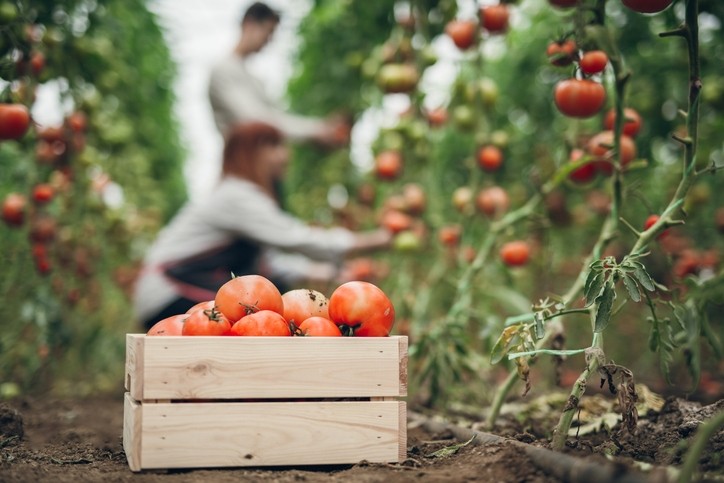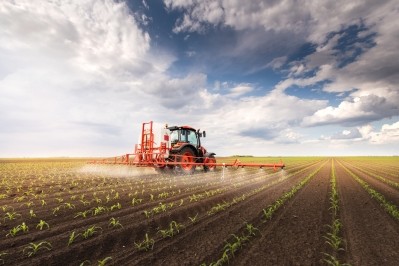Government unveils plans for 45,000 visas for seasonal workers

The allocation will allow businesses to recruit foreign workers to come to the UK for up to six months through the Seasonal Worker visa route – an uplift of 15,000 compared to what was available to businesses at the start of 2022.
The Government said this number would be kept under review with the potential to increase by a further 10,000 if necessary. This would also be contingent on sponsors and growers improving and abiding by worker welfare standards, including ensuring they are guaranteed a minimum number of paid hours each week.
The first 4,000 visas are to be made available to operators this week to ensure that daffodil growers have the labour available for their harvest at the start of the year, it said.
The industry has been calling for changes to the system to help support British food production and help to tackle the labour shortages.
New scheme operators
The government said it would also be appointing new scheme operators to help with the efficient operation of the visa route and help safeguard worker welfare. The new team will also focus on ensuring sponsors are abiding by workers’ rights by improving training and processes for compliance inspectors and creating clear policies and guidance for robust action for scheme operators where workers are at risk of exploitation.
“Seasonal labour has long been part of the UK’s rural economy, and while it is right that we offer long term support to increase the use of domestic labour, we also need to support businesses on the back of what has been a challenging year for food producers,” said farming minister Mark Spencer.
“That’s why we’ve listened to the UK’s horticulture sector, and today’s announcement will provide our growers with the labour they need to bring in the harvest and continue to put their produce on our tables. More widely, the Government is taking action to encourage all sectors to make employment more attractive to UK domestic workers. To help with these efforts, DEFRA is working with industry and DWP to raise awareness of career opportunities within the food and drink sector among UK workers.”
NFU deputy president Tom Bradshaw said: “This increase in visas is a positive step forward and will be a relief for many growers who are currently struggling to find the skilled workforce needed to continue producing the nation’s fruit, vegetables and ornamentals.”
Reduced production
However, he added that for some growers, this announcement will have come too late with some already having made the difficult decision to reduce production in the coming season.
“Growers have faced a really tough year with soaring energy and fertiliser costs only adding to the pressure caused by significant workforce shortages, which resulted in £60m of fruit and vegetables being wasted in the first half of 2022 alone. And we expect the coming 2023 season to be equally challenging,” Bradshaw added.
“We’ll be closely monitoring the situation this season and given the significant pressure growers are currently under, it’s important that any decision to release the further 10,000 visas is timely and made ahead of the peak season.”
He also highlighted that the NFU will continue to ask for a minimum of a five-year rolling SAW scheme to give growers the confidence to invest in their businesses.
The Government is also working to boost automation in the food sector, with £12.5 million recently announced to boost the development of automation and robotic technologies on farms, part of the wider £270m Farming Innovation Programme to support research and development in agriculture and horticulture.
















